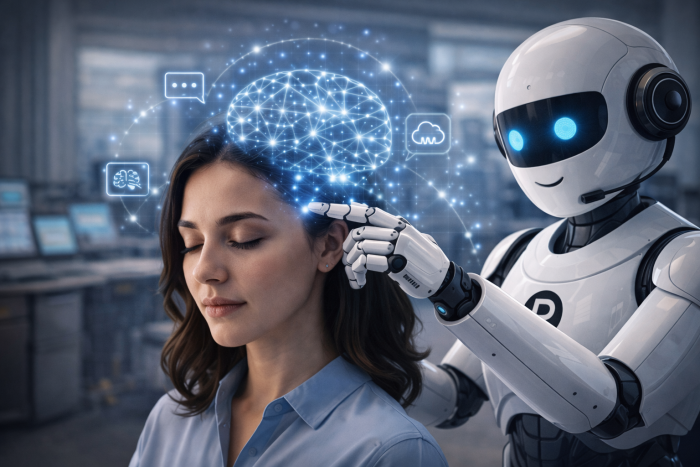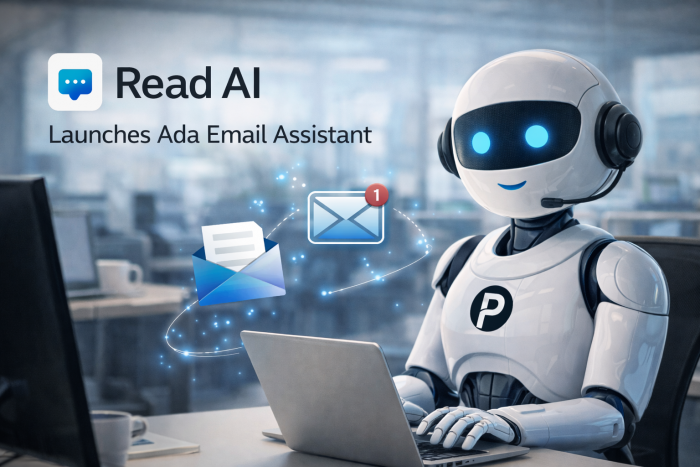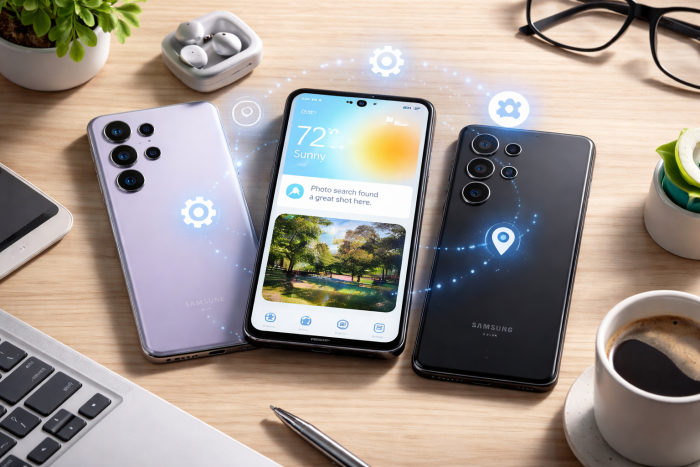AI is everywhere these days. It’s writing reports, designing ads, answering customer service questions, and even helping diagnose illnesses. But while technology is racing ahead, there are still some jobs that remain firmly in human hands.
Why? Because some skills can’t be automated — not now, and maybe not ever. These roles rely on qualities like empathy, creativity, cultural awareness, and complex problem-solving in unpredictable settings. Let’s explore what they are and why AI just can’t take them over.
Roles That Rely on Emotional Intelligence
AI can simulate polite conversation and even recognize certain emotions from speech or text, but genuine empathy is another story. True emotional intelligence involves picking up on unspoken cues, understanding context, and building trust over time.
Examples:
- Psychologists and Therapists
- Social Workers
- Crisis Counselors
- Mediators

McKinsey’s 2023 report found that emotional and social skills have only 12% automation potential compared to 78% for predictable physical work (source). These roles thrive on nuance, compassion, and human connection — areas where AI still falls short.
Creative Work That Breaks the Mold
Yes, AI can generate music, write stories, and create digital art. But real creative breakthroughs often come from lived experiences, cultural shifts, and a willingness to break the rules — things AI can’t truly originate.
Examples:
- Novelists and Screenwriters
- Stand-up Comedians
- Conceptual Artists
- Inventors
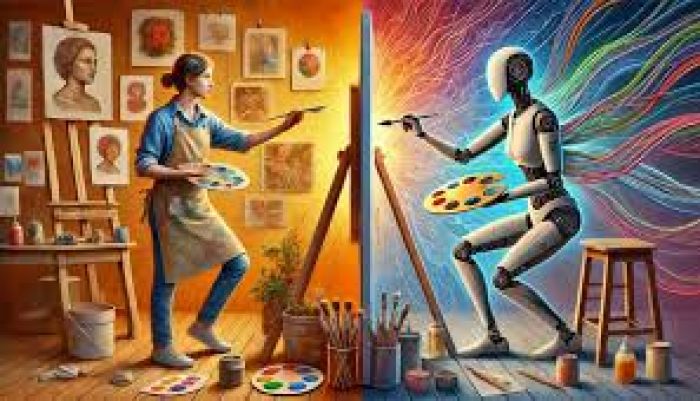
From Cubism to Hip-Hop, many art movements were born from rebellion, not replication. In a 2024 Adobe survey, 82% of creative professionals said AI is a tool to support creativity, not replace it.
Skilled Trades in Unpredictable Environments
Robots do well in controlled factory settings, but unpredictable, hands-on work in messy, real-world environments is a different challenge entirely.
Examples:
- Electricians
- Plumbers
- Skilled Carpenters
- Field Archaeologists
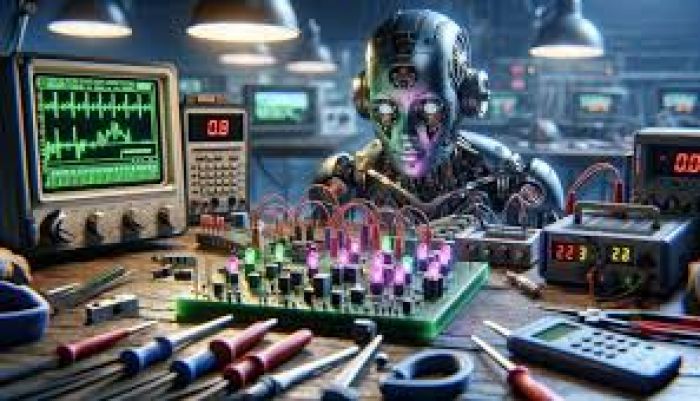
Boston Dynamics’ Atlas robot may handle parkour, but fixing a leaking pipe in a century-old home with outdated fittings still requires human adaptability. According to the World Economic Forum (2022), skilled trade jobs are projected to grow 8% by 2030 despite automation trends.
High-Stakes Leadership and Strategy
AI can crunch numbers and model scenarios, but leadership is more than data. Vision, moral judgment, and the ability to inspire trust remain very human traits.
Examples:
- CEOs and Entrepreneurs
- Political Leaders
- Military Commanders
- Judges
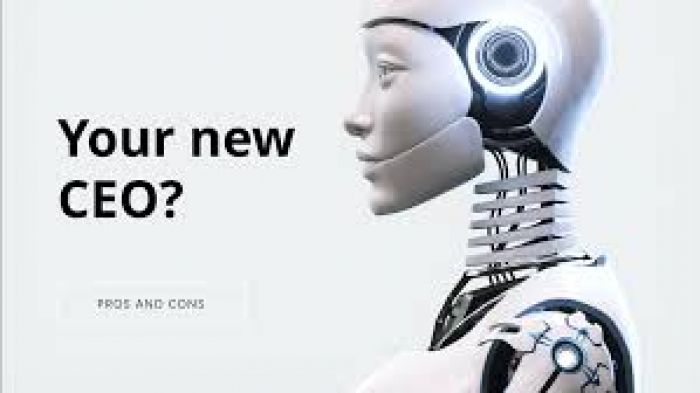
A Harvard Business Review study revealed that 73% of employees are less likely to trust major organizational changes if they come from AI rather than a human leader. Decisions that shape communities or companies need a human face.
Professions Built on Trust and Ethics
In certain roles, trust is everything — and people aren’t ready to hand that over to a machine. Even if AI gets the answer right, society often expects a human to deliver it.
Examples:
- Religious Leaders
- Courtroom Lawyers
- Investigative Journalists
- Patient-Facing Medical Specialists

A 2023 Pew Research survey found 62% of Americans feel uncomfortable letting AI make their final medical decisions. Human presence adds reassurance, empathy, and moral weight to tough calls.
Jobs Shaped by Cultural Context
Language translation is one thing; understanding cultural nuance is another. Local humor, inside jokes, and references tied to shared experiences often fly right over AI’s head.
Examples:
- Cultural Anthropologists
- Diplomats
- Local Tour Guides
- Political Speechwriters
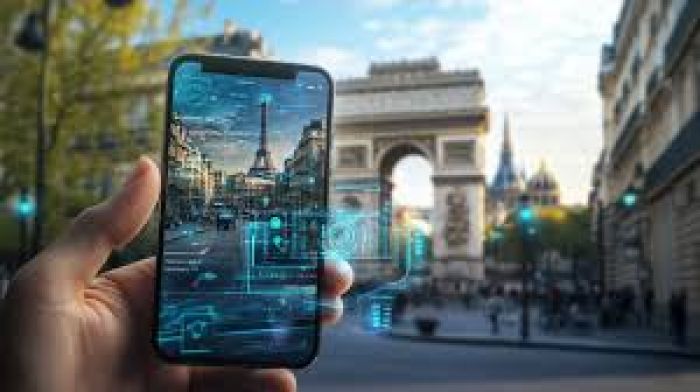
Culture evolves constantly, and only those living within it can truly keep up with its shifts and subtleties.
Why AI Struggles With These Roles
- Unpredictability: Human jobs often involve adapting to brand-new situations on the spot.
- Physical Presence: Some skills require senses and dexterity that AI can’t match.
- Ethical Reasoning: Moral dilemmas demand more than logic — they require values.
- Human Trust: People are wired to connect with other humans when it comes to high-stakes choices.
The Takeaway
AI isn’t replacing all jobs — it’s reshaping them. Roles that blend technical skills with human strengths will remain the safest. Those who can use AI as a partner rather than a rival will be best positioned for the future of work.
Post Comment
Be the first to post comment!
